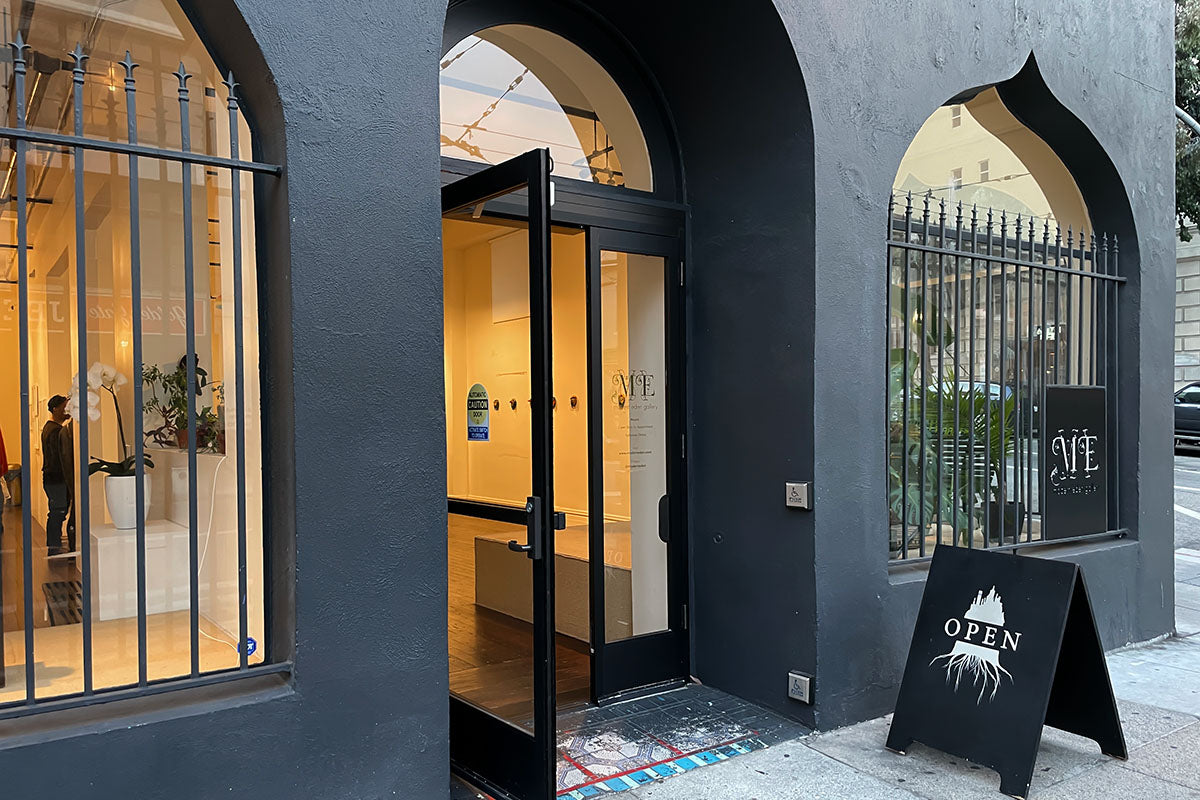Hikari Shimoda’s work is at once enchanting and disarming, portraying a world where cuteness and horror coexist. Based in Nagano, Japan, Shimoda first studied illustration at the prestigious Kyoto Saga University of Art and Aoyama Juku School before beginning her career as a professional contemporary artist in 2008. Soon after, she was selected for her first solo exhibition at Motto Gallery in Tokyo and has since held exhibitions in galleries worldwide, including Japan, the United States, Canada, and Europe.
Inspired by the Japanese manga and anime from her youth, Shimoda’s work expresses modern day issues in colorful and illustrative techniques. Often depicting starry-eyed children, she dresses her characters in heroic costumes resembling Superman and magical girls, an anime sub-genre of young girls who uses magic, revealing problems and struggles in contemporary society through a juxtaposition of brushwork, text, and collage. Such characters are a commentary on Christianity’s
anointment of Jesus Christ as a
savior of humanity, and a mirror
of our fantasy heroes. They also represent our adult desire to nurture the children of the world and to defend the world we have constructed.
Following the Great East Japan Earthquake and accident of Fukushima Nuclear Power Plant in 2011, Shimoda became increasingly interested in various connections in the world. In her portrait series “Whereabouts of
God”, featuring other-worldly children adorned with a Chernobyl necklace, and “Children of This Planet”, children act as a blank canvas for what she describes as countless possibilities; where fantasy meets with reality, past meets future, life meets death, and a world that is yet to be reborn. Not only do eyes communicate each character’s personality, they are also a reflection of Shimoda’s own feelings and ideas:
“They are “anyone” who just exists. So, they could also exist beyond the realm of being children, and identify with anyone who might appreciate them. Those children who are wearing a vacant expression of despair and solitude are mirroring the emotions of the people who look at them. Those vacant children are, so to speak, “cups of my emotions”- something which I could pour my emotion into. Their sparkling eyes are staring into space, while reflecting both light and darkness, and those horns are a metaphor of wordless emotions like fury and despair that people feel towards unreasonable things in this world.” With each new piece, Shimoda advances her search for salvation and her deeper understanding of this chaotic world.







